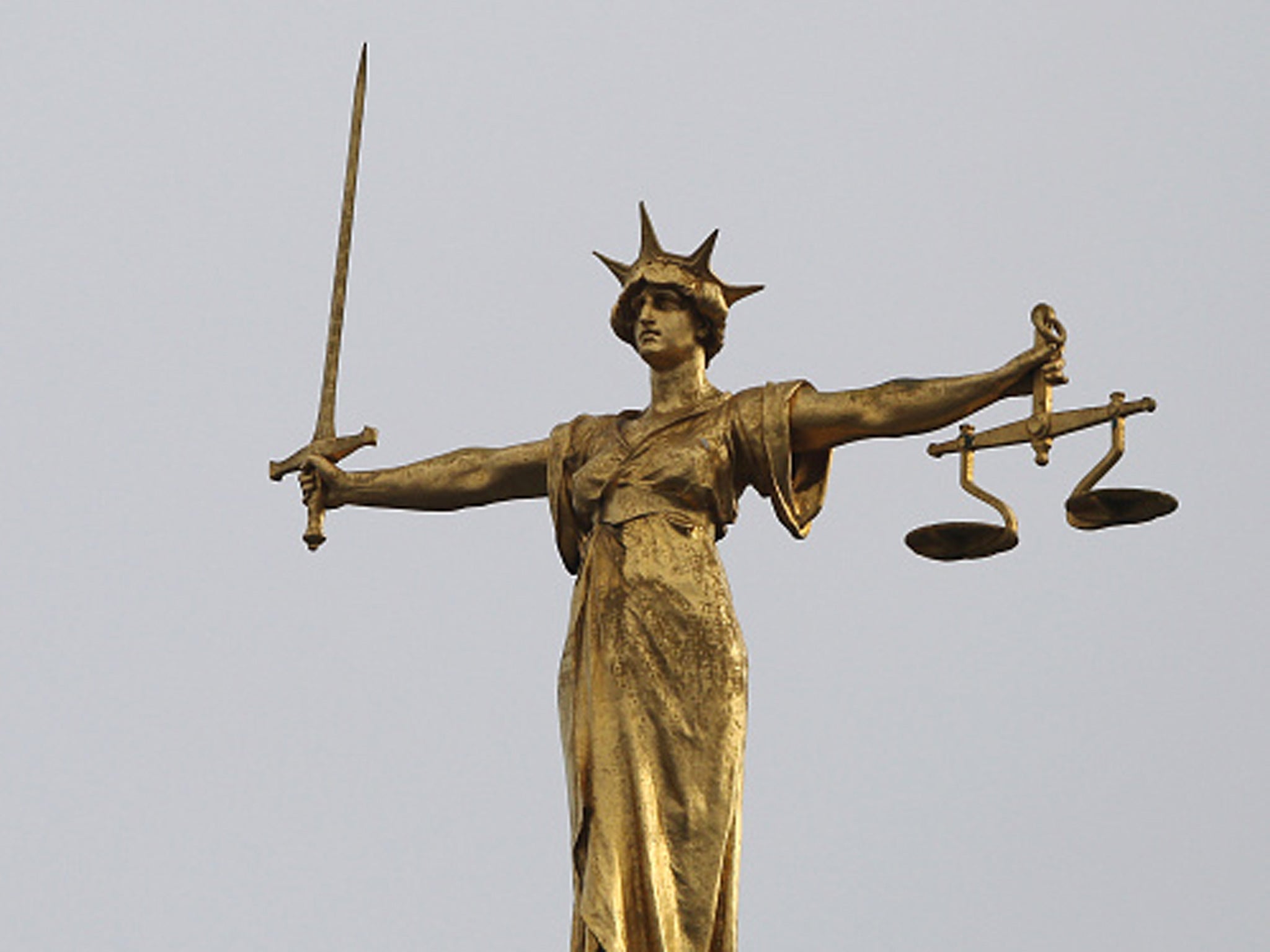Crown court backlog hits record high of 60,000 cases as victims wait years for justice
Figures show 67% rise in sexual offence cases awaiting trial days after government promises action in rape review

Your support helps us to tell the story
From reproductive rights to climate change to Big Tech, The Independent is on the ground when the story is developing. Whether it's investigating the financials of Elon Musk's pro-Trump PAC or producing our latest documentary, 'The A Word', which shines a light on the American women fighting for reproductive rights, we know how important it is to parse out the facts from the messaging.
At such a critical moment in US history, we need reporters on the ground. Your donation allows us to keep sending journalists to speak to both sides of the story.
The Independent is trusted by Americans across the entire political spectrum. And unlike many other quality news outlets, we choose not to lock Americans out of our reporting and analysis with paywalls. We believe quality journalism should be available to everyone, paid for by those who can afford it.
Your support makes all the difference.The backlog of crown court cases in England and Wales has hit a record number of almost 60,000 as waiting times rocket for victims and defendants.
Figures released by the Ministry of Justice on Thursday showed there were 59,532 outstanding crown court cases by 31 March, up 45 per cent on the previous year.
A document said the figure was the highest level on record, and included all offence groups and case types.
Days after a government review of rape cases found that delays were among the factors driving plummeting prosecutions, the figures showed that the number of sexual offences cases awaiting trial had risen by 67 per cent in a year.
A fifth of crown court cases are taking more than a year to be heard, while the average waiting time has jumped by 43 per cent to 363 days.
There are also almost 400,000 outstanding magistrates’ court cases, up 21 per cent on the previous year.
The backlogs mean that some trials are now being scheduled in 2023, and the Lord Chief Justice has suggested radical measures including reducing jury sizes to speed processes up.
David Lammy, Labour’s shadow justice secretary, said: “The Conservatives are forcing victims of rape, domestic abuse and violent assault to wait months and years for justice if they get it at all.
“This is the direct result of the government’s decade of court closures, combined with its incompetent response to the pandemic.
“Yesterday the prime minister apologised to rape victims. Now he must take urgent action to restore the justice system after his party has decimated it.”
The Bar Council, which represents barristers, said that the government had committed to bringing more cases to court in the rape review, and with the recruitment of 20,000 police officers.
Chair Derek Sweeting QC said: “Unless the government urgently commits to long term and sustained investment in the courts and the wider justice system, the number of cases stuck in the courts will continue to rise.
“Behind every number in this backlog are victims of crime, defendants, witnesses and their families, putting their lives on hold while they wait years to see justice done.”
Wera Hobhouse, a Liberal Democrat MP and the party’s lead on justice, said victims were being left for “too long without justice”, while other parties were “in limbo”.
“Some delays are inevitable because of the pandemic, but the Conservatives’ underfunding of the justice system had caused huge backlogs even before Covid hit,” she added.
“Ministers must not use Covid as an excuse for this backlog, or to undermine the fundamental right to trial by jury.”
The figures showed some early signs of recovery, as the volume of listed trials at both magistrates' and crown courts rose.
However, the number of cases being received is still higher than those being dealt with, meaning the backlog will continue to rise.
Legal groups and charities warned that the criminal justice system was going into “meltdown” at the start of the coronavirus pandemic last March.
Many blamed the government’s reductions to court sitting days to make financial savings, which ministers have said they will reverse.
A Ministry of Justice spokesperson said: “Dedicated staff and professionals kept justice moving during the pandemic and thanks to their efforts we are seeing positive results – outstanding cases in the crown court are beginning to drop, and have fallen by around 70,000 in the magistrates’ court since last summer.
“Major challenges remain which is why we are investing hundreds of millions to further increase capacity, deliver swifter justice and support victims.”





Join our commenting forum
Join thought-provoking conversations, follow other Independent readers and see their replies
Comments